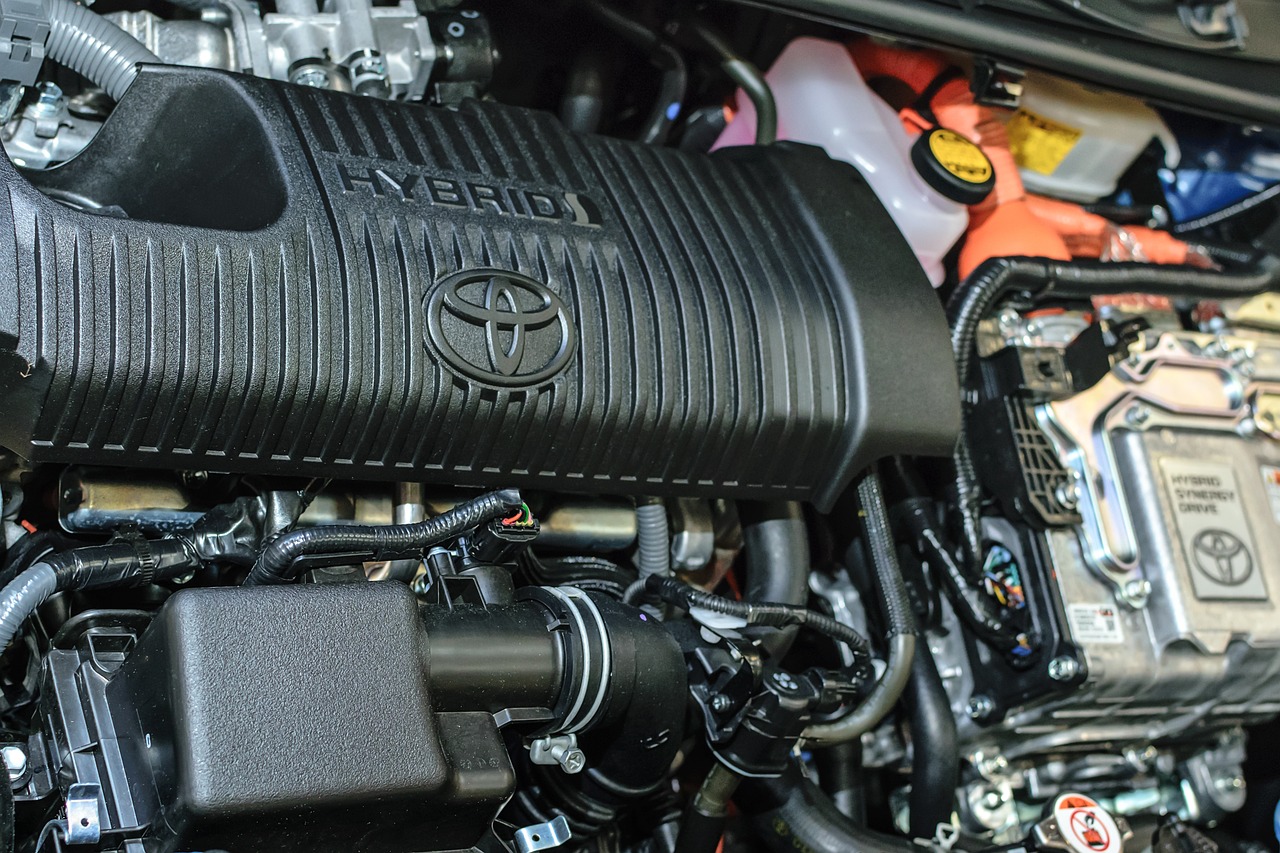Toyota Motor Corp. (NYSE: TM) plans to develop approximately 15 electric vehicle (EV) models by 2027, aiming to produce around 1 million EVs annually, according to Japan’s Nikkei newspaper. The move signals a recalibration of its earlier targets as the automaker navigates market challenges and global policy shifts.
Currently, Toyota manufactures five in-house EV models, limited to production facilities in Japan and China. However, the company is exploring expansion into the United States, Thailand, and Argentina. This strategic shift is intended to mitigate risks tied to tariffs and currency fluctuations while reducing delivery lead times.
Some of the upcoming models will be part of the Lexus luxury lineup, aligning with Toyota’s broader electrification strategy. While the company had initially aimed to sell 1.5 million EVs per year by 2026 and 3.5 million by 2030, those figures are now positioned more as benchmarks for stakeholders than concrete targets.
In 2026, Toyota now expects to produce about 800,000 EVs—nearly 50% less than originally planned, the report added. Despite this cutback, Toyota continues to push forward in the EV race as part of its long-term sustainability goals.
In 2024, Toyota sold nearly 140,000 electric vehicles globally, a 33% increase from the previous year. However, EVs still represent under 2% of its total global sales of over 10 million vehicles.
Toyota declined to comment on the Nikkei report, stating that the information had not been officially announced by the company. As the global automotive market shifts toward electrification, Toyota’s updated EV production goals reflect a more measured approach amid intensifying competition and evolving consumer demand.



 Tencent Shares Slide After WeChat Restricts YuanBao AI Promotional Links
Tencent Shares Slide After WeChat Restricts YuanBao AI Promotional Links  Baidu Approves $5 Billion Share Buyback and Plans First-Ever Dividend in 2026
Baidu Approves $5 Billion Share Buyback and Plans First-Ever Dividend in 2026  Trump Backs Nexstar–Tegna Merger Amid Shifting U.S. Media Landscape
Trump Backs Nexstar–Tegna Merger Amid Shifting U.S. Media Landscape  Once Upon a Farm Raises Nearly $198 Million in IPO, Valued at Over $724 Million
Once Upon a Farm Raises Nearly $198 Million in IPO, Valued at Over $724 Million  SpaceX Pushes for Early Stock Index Inclusion Ahead of Potential Record-Breaking IPO
SpaceX Pushes for Early Stock Index Inclusion Ahead of Potential Record-Breaking IPO  OpenAI Expands Enterprise AI Strategy With Major Hiring Push Ahead of New Business Offering
OpenAI Expands Enterprise AI Strategy With Major Hiring Push Ahead of New Business Offering  FDA Targets Hims & Hers Over $49 Weight-Loss Pill, Raising Legal and Safety Concerns
FDA Targets Hims & Hers Over $49 Weight-Loss Pill, Raising Legal and Safety Concerns  Weight-Loss Drug Ads Take Over the Super Bowl as Pharma Embraces Direct-to-Consumer Marketing
Weight-Loss Drug Ads Take Over the Super Bowl as Pharma Embraces Direct-to-Consumer Marketing  Global PC Makers Eye Chinese Memory Chip Suppliers Amid Ongoing Supply Crunch
Global PC Makers Eye Chinese Memory Chip Suppliers Amid Ongoing Supply Crunch  Prudential Financial Reports Higher Q4 Profit on Strong Underwriting and Investment Gains
Prudential Financial Reports Higher Q4 Profit on Strong Underwriting and Investment Gains  American Airlines CEO to Meet Pilots Union Amid Storm Response and Financial Concerns
American Airlines CEO to Meet Pilots Union Amid Storm Response and Financial Concerns  TSMC Eyes 3nm Chip Production in Japan with $17 Billion Kumamoto Investment
TSMC Eyes 3nm Chip Production in Japan with $17 Billion Kumamoto Investment  Alphabet’s Massive AI Spending Surge Signals Confidence in Google’s Growth Engine
Alphabet’s Massive AI Spending Surge Signals Confidence in Google’s Growth Engine  SpaceX Prioritizes Moon Mission Before Mars as Starship Development Accelerates
SpaceX Prioritizes Moon Mission Before Mars as Starship Development Accelerates  Uber Ordered to Pay $8.5 Million in Bellwether Sexual Assault Lawsuit
Uber Ordered to Pay $8.5 Million in Bellwether Sexual Assault Lawsuit  Ford and Geely Explore Strategic Manufacturing Partnership in Europe
Ford and Geely Explore Strategic Manufacturing Partnership in Europe  Amazon Stock Rebounds After Earnings as $200B Capex Plan Sparks AI Spending Debate
Amazon Stock Rebounds After Earnings as $200B Capex Plan Sparks AI Spending Debate 































